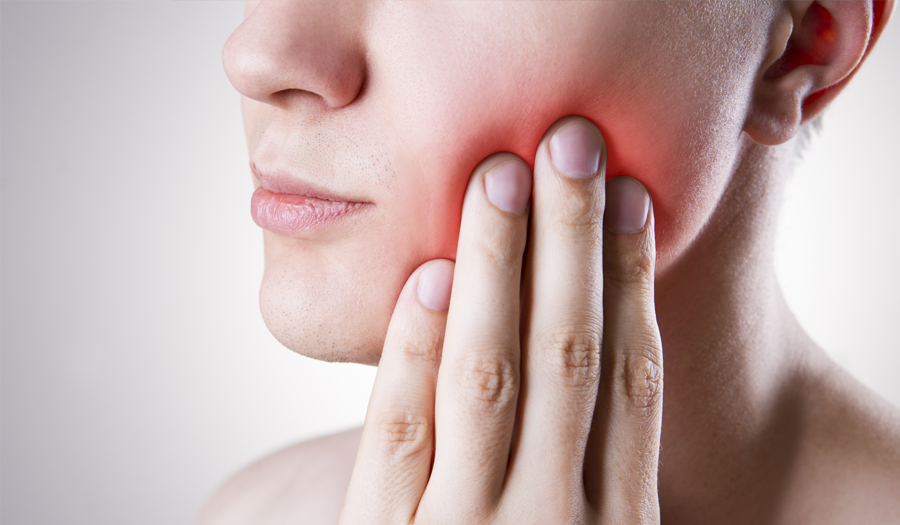Signs & Symptoms of TMD
The temporomandibular joints (aka TMJ) are one of the most complex joints in the body, in large part because there are so many moving pieces. If one of parts fails, temporomandibular dysfunction (TMD) may occur.
Common symptoms of TMJ dysfunction can include:
- Headache
- Neck pain
- Muscle soreness
- Jaw pain
- Limited opening
- Clicking or popping noises from the jaws
- Lock jaw
- Inability of the front teeth to touch
TMJ dysfunction can be caused by a wide range of problems, each affecting a different part of the joint – or sometimes multiple parts of the joint. Common causes of TMJ dysfunction include:
- Arthritis
- Injury
- Poor bite (ie malocclusion)
- Cartilage degeneration
- Excessive clenching or grinding
- Hyperactive muscles


